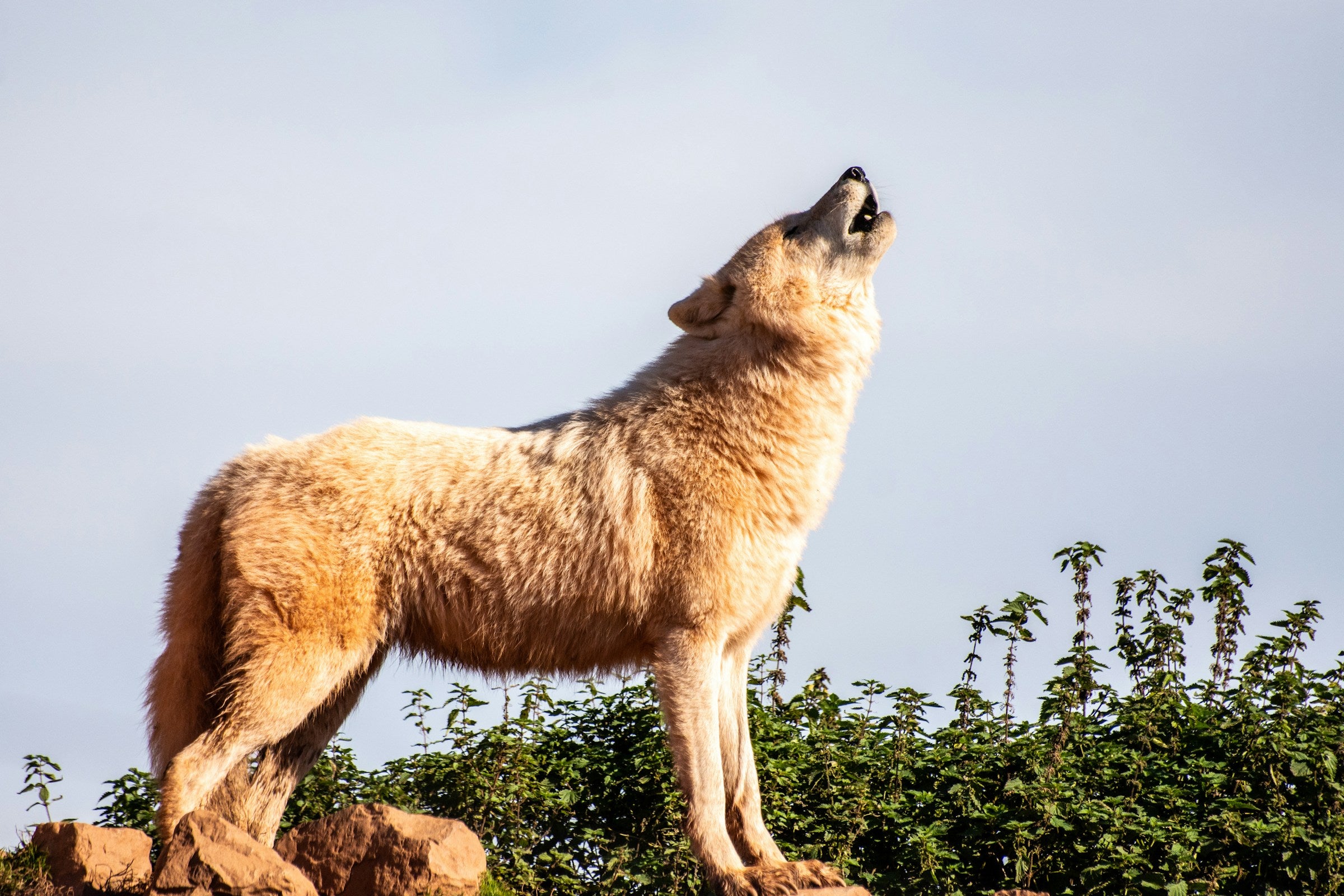Introduction
Dogs have their unique ways of communicating with us, and one of those ways is through howling. In this article, we'll explore why dogs howl and how you, as a dog owner, can understand and address this behavior.
Why Dogs Howl
Dogs howl for various reasons, from expressing emotions to communicating with other dogs or even signalling us. Understanding these reasons can help you better connect with your furry friend.
How Dogs Communicate Through Howling
Howling serves as a form of communication for dogs, allowing them to convey different messages to us and other dogs. By paying attention to the context and tone of your dog's howls, you can decipher what they're trying to express.
Reasons for Dog Howling
Loneliness, excitement, responding to external sounds, or even underlying medical issues can trigger dog howling. Recognizing these reasons can guide you in addressing your dog's needs effectively.
Understanding Your Dog's Howling
Learning to interpret your dog's howling behavior can deepen your bond with them. Observing their body language and the situations in which they howl can provide valuable insights into their emotions and needs.
Managing Excessive Howling
If your dog's howling becomes excessive or disruptive, there are steps you can take to manage it. Providing mental stimulation, addressing separation anxiety, and seeking professional guidance if needed are essential in addressing this behavior.
Conclusion
Understanding why dogs howl is key to fostering a strong relationship with your furry companion. By listening to their vocalizations and responding with empathy and care, you can strengthen the bond you share with your dog.
FAQs
-
Can all dogs howl?
- While most dogs can howl, some breeds are more vocal than others. However, individual personality and environmental factors also play a role.
- While most dogs can howl, some breeds are more vocal than others. However, individual personality and environmental factors also play a role.
-
Is howling always a sign of distress in dogs?
- Not necessarily. Dogs may howl for various reasons, including excitement or communication. It's essential to consider the context and accompanying behaviors.
- Not necessarily. Dogs may howl for various reasons, including excitement or communication. It's essential to consider the context and accompanying behaviors.
-
How can I stop my dog from howling excessively?
- Providing mental and physical stimulation, addressing underlying issues like anxiety, and seeking professional help if needed can help manage excessive howling.
- Providing mental and physical stimulation, addressing underlying issues like anxiety, and seeking professional help if needed can help manage excessive howling.
-
Are certain breeds more prone to howling?
- Yes, some breeds, like Huskies and Beagles, are known for their howling tendencies due to their ancestry. However, individual dogs may vary in their vocalization habits.
- Yes, some breeds, like Huskies and Beagles, are known for their howling tendencies due to their ancestry. However, individual dogs may vary in their vocalization habits.
-
Should I be worried if my dog suddenly starts howling?
- Sudden changes in behavior warrant attention, but it's not always a cause for concern. Observing other signs and consulting with a vet can help determine if further action is needed.















Share:
Will Dog Whiskers Grow Back?
Are Dog DNA Tests Accurate?